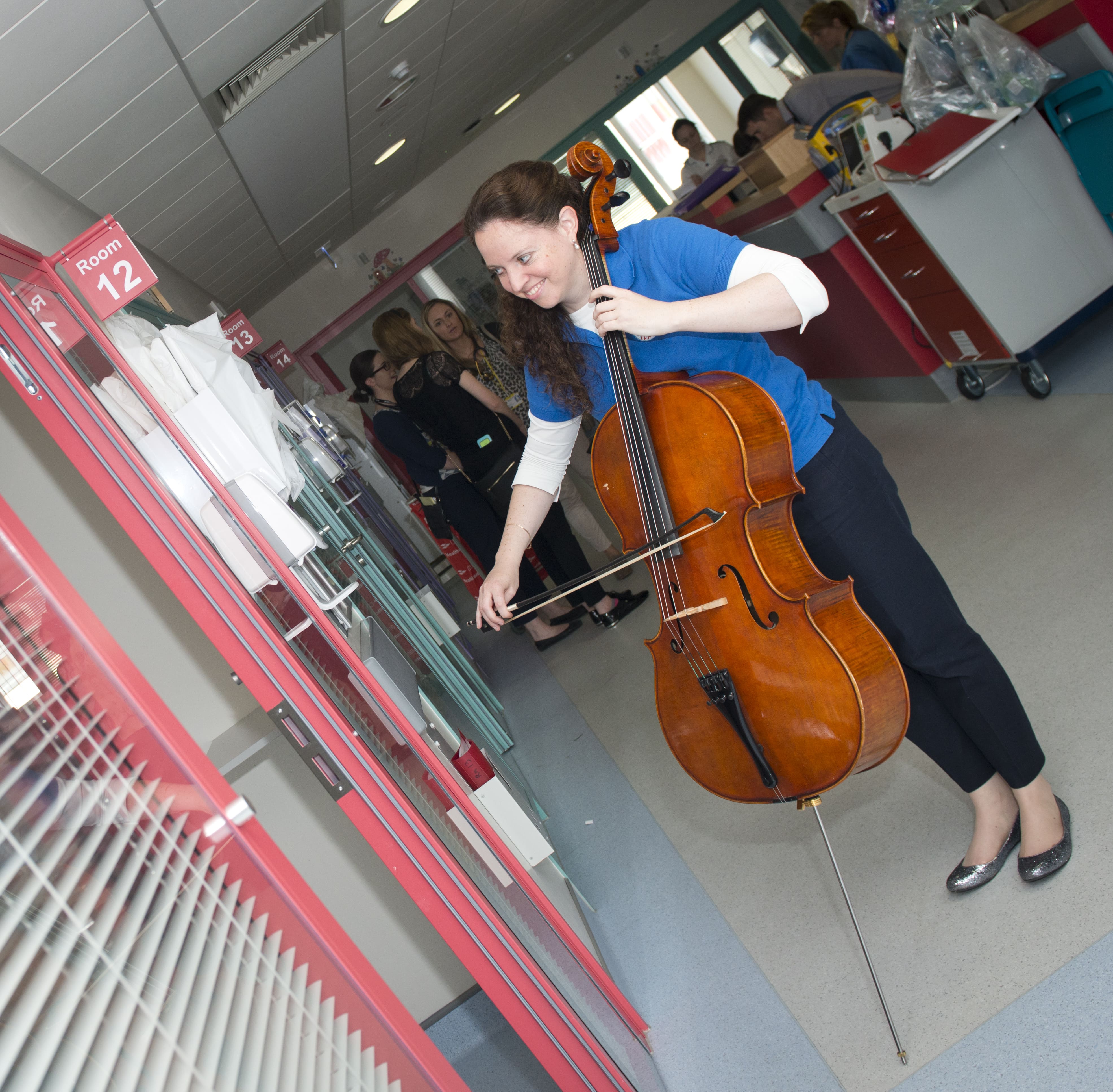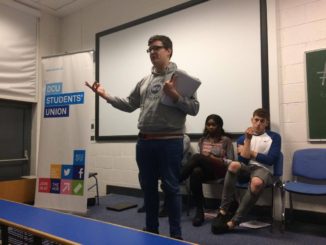
The music industry is no stranger to stars trying to make a comeback, however whether they fail or succeed is a separate entity.
“Boyzlife” is the latest “supergroup” made up of members of Westlife and Boyzone to fail at making a comeback.The group is struggling to sell out a small venue in Ireland. Tickets for their Dublin date in the 300-seat venue of the Conrad Hotel just off Grafton Street have been left on the shelf. Former Westlife member Kian Egan recently spoke out about the project.
“You know, a member of Westlife who left the band after four years decides to use half the name for whatever it is they’re doing,” Egan said on 98fm last week. “From the perspective of someone who spent fifteen years in Westlife, It was really aggravating and unfair on the fans.”
Although the name seemed to be a clever marketing ploy to boost their promotions, the two bands are not in fact reuniting. Brian McFadden and Keith Duffy are the only members in the group so far. With other members of Westlife such as Nicky Byrne saying they’ll have no part in it, their comeback will inevitably be short-lived.
The original line up of the Sugababes failed to make their return to music successful under the name of Mutya, Keisha, and Siobhan – ‘MKS’. With Siobhan and Mutya both failing to make it as solo artists through the years – and Keisha being the last original member to be kicked out of the band, they planned to reunite.
Their debut single Flatline fell flat as it failed to enter the Top 50 in the Official Singles Chart back in 2013. The lack of promotion behind the single and the the band’s history of constantly changing lineups ultimately put the final nail in the coffin of their musical career.
The right formula is needed to have a successful comeback, but it’s not always foolproof. One needs the right material to put out, a clever promotional team and of course the perfect timing. Justin Bieber made the comeback of the year in 2015.
Bieber’s Skrillex/Diplo collaboration, “Where Are U Now”, was key to his overall success because it made people want to hear him again.
This was fundamental to Bieber’s success with “What Do You Mean?” The month-long promotional campaign of celebrity endorsements (from Britney Spears to Comedy Central Roast pal Martha Stewart) also helped. Hs VMAs appearance complete with post-performance tears also helped get the new single headlines.
During Bieber’s hiatus his bad behaviour he was never out of the media for , we may have been sick about hearing his name but we never forgot him. He laughed about his antics and turned his bad publicity into positive media attention for his album “Purpose” regaining more popularity than ever before.
“I named the album Purpose…because, for a while there, I feel like I lost my purpose, and I feel like I found my purpose again,” he said in an interview with Nick Grimshaw.
With singles such as “Love Yourself” and “Sorry” still dominating the charts six months later, Bieber has secured his title of comeback of the year. This comeback album worked because it felt sincere and authentic and this was the evolution of Justin Bieber. The comeback was heavily publicised, it was the right time for him as an artist and finally his material had weight. Unlike many other singers who have failed to make a successful comeback.
A lot of comebacks in the music industry do not work for one simple reason: people do not care. Artists who have lost their influence either need to shame and shock themselves back into the industry or have something with influence heavily promote their new material.
Conor Martin




Leave a Reply